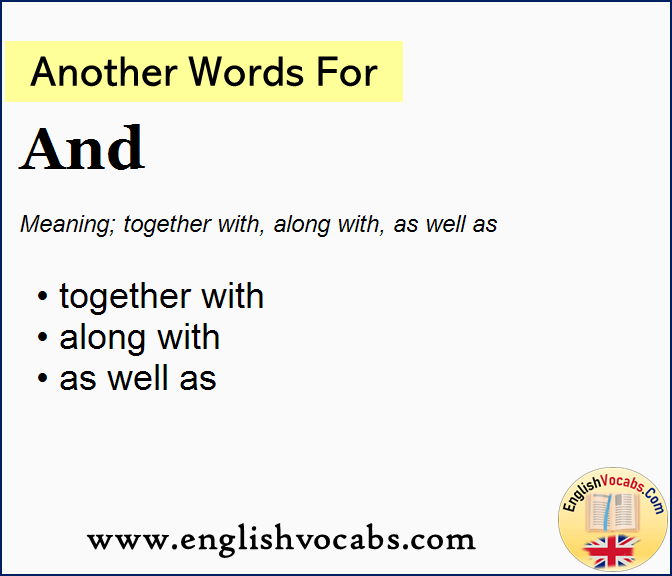

#Another word for conquer how to#
People who are constantly putting others down, criticizing everything, and making cynical comments haven’t learned how to constructively express their anger. It can lead to pathological expressions of anger, such as passive-aggressive behavior (getting back at people indirectly, without telling them why, rather than confronting them head-on) or a personality that seems perpetually cynical and hostile. Unexpressed anger can create other problems.

Anger turned inward may cause hypertension, high blood pressure, or depression. The danger in this type of response is that if it isn’t allowed outward expression, your anger can turn inward-on yourself. The aim is to inhibit or suppress your anger and convert it into more constructive behavior. This happens when you hold in your anger, stop thinking about it, and focus on something positive. Being assertive doesn’t mean being pushy or demanding it means being respectful of yourself and others.Īnger can be suppressed, and then converted or redirected. To do this, you have to learn how to make clear what your needs are, and how to get them met, without hurting others. Expressing your angry feelings in an assertive-not aggressive-manner is the healthiest way to express anger. The three main approaches are expressing, suppressing, and calming. People use a variety of both conscious and unconscious processes to deal with their angry feelings.

On the other hand, we can’t physically lash out at every person or object that irritates or annoys us laws, social norms, and common sense place limits on how far our anger can take us. A certain amount of anger, therefore, is necessary to our survival. Anger is a natural, adaptive response to threats it inspires powerful, often aggressive, feelings and behaviors, which allow us to fight and to defend ourselves when we are attacked. The instinctive, natural way to express anger is to respond aggressively. Memories of traumatic or enraging events can also trigger angry feelings. You could be angry at a specific person (such as a coworker or supervisor) or event (a traffic jam, a canceled flight), or your anger could be caused by worrying or brooding about your personal problems. Like other emotions, it is accompanied by physiological and biological changes when you get angry, your heart rate and blood pressure go up, as do the levels of your energy hormones, adrenaline, and noradrenaline.Īnger can be caused by both external and internal events. In fact, although often credited with inventing the term electrocardiogram (which is why it is sometimes spelt the Dutch way), Einthoven credits Waller with this distinction in his 1895 publication in Pflügers Archives "Über die Form des menschlichen Elektrokardiogramms".Anger is “an emotional state that varies in intensity from mild irritation to intense fury and rage,” according to Charles Spielberger, PhD, a psychologist who specializes in the study of anger.

It was some years later, in 1901, that Wilhelm Einthoven reported his string galvanometer – with the limb leads labeled I, II, and III and the waves labeled P, QRS, and T as we know them today. In fact, it was Augustus Désiré Waller, a physician trained in Edinburgh, who presented – to the students of St Mary's Hospital medical school, London, at the introductory lecture of the 1888 academic year – his "cardiograph", the first ever ECG recording in man. The Dutch "K" (elektrokardiogram) is often used as a tribute to the Indonesian-born physician Wilhelm Einthoven who, while working in The Netherlands in 1924, received the Nobel prize for "the discovery of the mechanism of the electrocardiogram". There is some debate over exactly who invented the electrocardiogram.


 0 kommentar(er)
0 kommentar(er)
